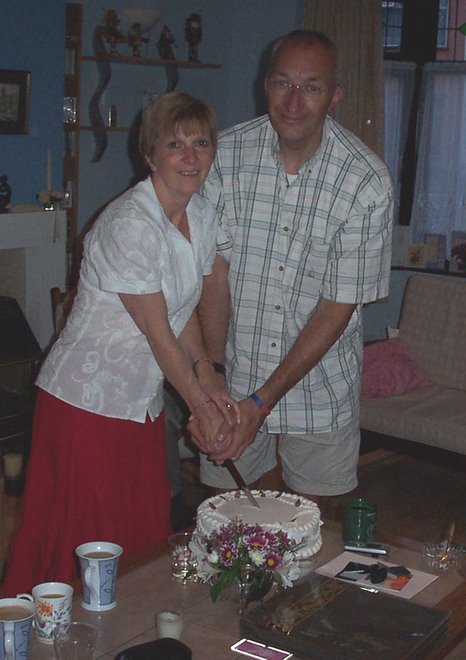.JPG)
Situations such as these help frame your sense of values, I think. We take so many things for granted at home - running water, food, shelter and a bathroom. Many people are denied these basic things - even without being in an emergency situation. Life for some is just lacking in dignity.
One of our biggest challenges for the emergency team here in Port au Prince is how to care for those living in the camp behind the corps compound. It has become congested beyond description and the small team trying to move things forward are facing many challenges.
One of these is the need to install latrines. The 'rule' used by NGOs in disaster response is that there should be one toilet for every 20 people. We have a camp population of 15,000 - so our goal should be 750 toilets. The limited space we have means we are struggling to hit the 100 mark. Today one of our partners who is helping us came to start the process of installing more toilets. When we went to the site we discovered the space planned for them had been taken over by new arrivals. We sent a small delegation out to negotiate with them - they have nowhere else to go. We expected serious trouble. Instead, when given the choice of moving somewhere else or preventing the installation of more toilets, they willingly agreed to move. They know that for the whole community, having even the most inadequate toilets is better than none at all.
Today just 2 of our team have been in the worst part of this city working with the 82nd Airborn to distribute around 174,000 meals. That's an incredible achievement - particularly in view of the highly volatile community.
Other team members were busy receiving the next supplies of food at the airport and also transporting team members back and forwards to the airport as we said farewell to existing team members and hello to new ones. The medical team changed as usual - the pic shows some of the team. The new team have got straight to work - it amazes me how quickly folks plug into their new responsibilities.
Tomorrow a small group of us will try to make it over the mountains to Jacmel in the south of the country. We want to assess the situation and the possibility of setting up a satellite operation there. It will be a very long day - so keep us in your prayers as we travel.

.JPG)

